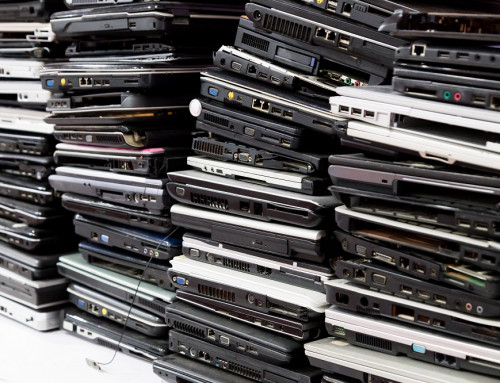 California has always been a progressive state in terms of recycling laws. In the early 2000s, California decided that all of the electronic waste it was seeing was a serious issue that had to be dealt with. So the state, seeing how similar matters were handled in the European Union, modeled some of its legislation off of the foreign legal system’s approach to cutting down on e-waste overseas.
California has always been a progressive state in terms of recycling laws. In the early 2000s, California decided that all of the electronic waste it was seeing was a serious issue that had to be dealt with. So the state, seeing how similar matters were handled in the European Union, modeled some of its legislation off of the foreign legal system’s approach to cutting down on e-waste overseas.
AB 2901
A law that has been imitated across large portions of the United States is AB 2901. The short version is that this law requires cell phone distributors to accept phones from users and to either re-use or recycle them at no cost to the consumer. This law means that every time a customer gets a new phone, a free upgrade, etc. that a company has to handle the cost of recycling or repurposing the customer’s existing phone. The result is that all of those phones have been turned to better purposes and kept out of landfills where they might have ended up otherwise.
AB 1125
This law was patterned after AB 2901 because the law had been so successful in reducing the burden on the state for dealing with the electronic waste that came with cell phones. The difference is that AB 1125 states that all retailers who sell rechargeable batteries and battery packs must provide recycling and repurposing for these items at no cost to the customer who was using them. This ensures that batteries, another major source of hazardous material, are kept out of landfills and properly handled at no expense to the state.
SB 20
Both of the previous two laws came after SB 20, which set up a state wide fund to provide recycling services and opportunities to California residents free of cost. The fund’s monetary resources come from a tax that is placed on every object that, were it to become useless, would qualify as electronic waste. The amount of money spent on this fund allowed for upwards of 60% of all the electronic waste in the entire state to be recycled. That was all without any additional costs, except for the cost at the point of sale for those buying things that could become electronic waste, and thus contribute to the problem.
These three laws have, by and large, set the standard for electronic disposal, electronic recycling and reducing the harmful chemicals and materials that are being thrown into landfills every day. While many, similar measures have been adopted across America, these laws are still far from universal.






































